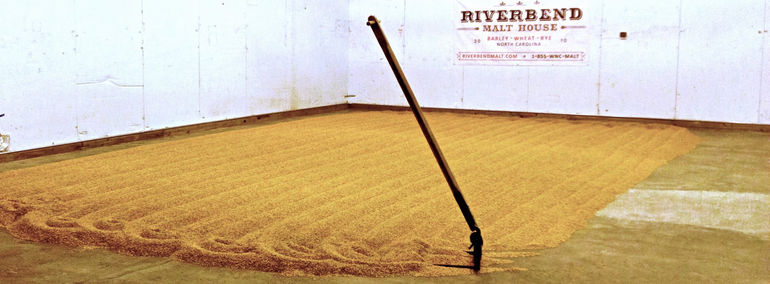Start 14-Day Trial Subscription
*No credit card required

American Malting and Grain Growing for Craft Beer
There was gluten-free beer, but it didn’t taste good. “I did some taste tests of gluten-free beers and I was appalled that they tasted so terrible,” she said. “They didn’t have the quality characteristics of beer made with malted barley. So I made it a personal crusade to develop a gluten-free beer that tasted great.”
That’s when Henley started home-malting. She called a local farmer and learned that Colorado is the largest producer of millet in the United States. “I started sprouting millet in my kitchen,” she said. “I had a friend with a homebrew system, so I malted, he brewed, and we were pretty impressed by our attempts at brewing beer with gluten-free malt.”
Much like Colorado Malting, Grouse got up and running with the help of homebrewers who brewed with the company’s malted millet, oats, buckwheat, and more. They gave feedback about how it performed in beer and provided beer recipes using Grouse’s gluten-free grains.
 “My goal as a craft maltster is to bring value to the industry by providing the highest-quality malt and roasted grains,” said Henley. “From the get-go Grouse offered specialty malts -- we wanted to supply roasts that could make dark beer, for example, which isn’t a common variety of gluten-free beer.”
“My goal as a craft maltster is to bring value to the industry by providing the highest-quality malt and roasted grains,” said Henley. “From the get-go Grouse offered specialty malts -- we wanted to supply roasts that could make dark beer, for example, which isn’t a common variety of gluten-free beer.”
Grouse now provides gluten-free malts that go into several commercially made beers, such as Watchstander Stout by Ghostfish Brewing Company, a small-batch brewer in Seattle, and Oatmeal Stout by Shadows Brewing Company, a brewpub in Cheyenne, Wyoming. “Grouse is helping to change the paradigm of peoples’ perceptions of gluten-free beer,” Henley said.
Rice on the New Frontier
Another malting company changing the way people perceive gluten-free beer is Eckert Malting & Brewing in Chico, California. The facility is the first in the world to exclusively malt and roast rice as a grain for brewing.
The owner Jim Eckert, a homebrewer for more than 40 years and a professional agriculture researcher for 30 years, first started brewing with rice when his wife discovered she had intolerance for gluten. She shared Twila Henley’s disappointment in the flavor of commercially available gluten-free beers and challenged her husband to brew a gluten-free beer for her that actually tasted good. So Eckert started with brown rice syrup and eventually switched to all-grain batches of rice beer. “After two years, I decided my product was good enough to put on the market,” said Eckert, which he did.



